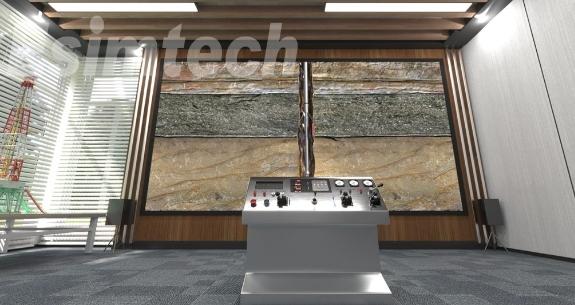As the energy landscape evolves, maximizing production and recovery from oil and gas reserves while minimizing environmental impact is paramount. This necessitates innovative approaches to wellbore completion, the crucial stage where production pathways are established within the reservoir. Let's delve into some advanced techniques driving this transformation:
1. Smart Completions:
Multistage Fracturing: Precisely fractured formations, facilitated by advanced downhole monitoring and real-time data analysis, unlock previously unreachable hydrocarbons.
Intelligent Completion Systems: Downhole sensors and valves adjust reservoir flow in real-time, optimizing production and mitigating risks like sand production or water breakthrough.
2. Minimizing Formation Damage:
Divertless Frac Systems: Eliminate the need for diverting agents, reducing formation plugging and enhancing long-term well performance.
Low-Fluid Fracturing: Utilizing minimal hydraulic fracturing fluids reduces water usage and associated environmental concerns.
Nanoengineered Fluids: Specialized fluids minimize formation damage and enhance hydrocarbon flow, optimizing recovery while preserving reservoir integrity.
3. Enhancing Recovery:
Horizontal and Multilateral Wells: Extend reach within the reservoir, accessing more hydrocarbons and maximizing recovery.
Enhanced Completion Fluids: Smart fluids control proppant placement, improve fracture geometry and promote efficient hydrocarbon flow.
Downhole Chemical Injection: Targeted injection of stimulating chemicals unlocks trapped hydrocarbons, boosting production beyond conventional methods.
4. Optimizing Sustainability:
Closed-Loop Hydraulic Fracturing: Reuses fracturing fluids, minimizing water consumption and wastewater disposal.
CO2-based Fracturing: Utilizing captured CO2 instead of water reduces greenhouse gas emissions and offers carbon sequestration benefits.
Biodegradable Fluids: Environmentally friendly alternatives to conventional fracturing fluids minimize environmental impact.
Impact and Implications:
Advanced wellbore completion techniques offer significant advantages:
- Increased Production and Recovery: Unlock previously inaccessible resources, maximizing reserves and economic benefits.
- Reduced Environmental Impact: Minimize water usage, wastewater disposal, and carbon footprint through innovative practices.
- Enhanced Sustainability: Ensure responsible resource development, aligning with environmental responsibility and regulatory compliance.
- However, challenges remain:
- High Costs: Advanced techniques often require substantial investments, necessitating careful economic evaluations.
- Technological Complexity: Implementation demands skilled personnel and sophisticated infrastructure.
- Regulatory Landscape: Continuously evolving regulations require close monitoring and adaptation of techniques.
Conclusion:
As the pursuit of responsible resource development intensifies, advanced wellbore completion techniques play a pivotal role. By embracing optimization, minimizing environmental impact, and ensuring sustainability, these innovative methods pave the way for a more secure and responsible energy future.
